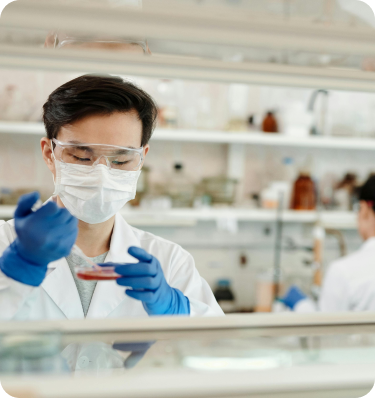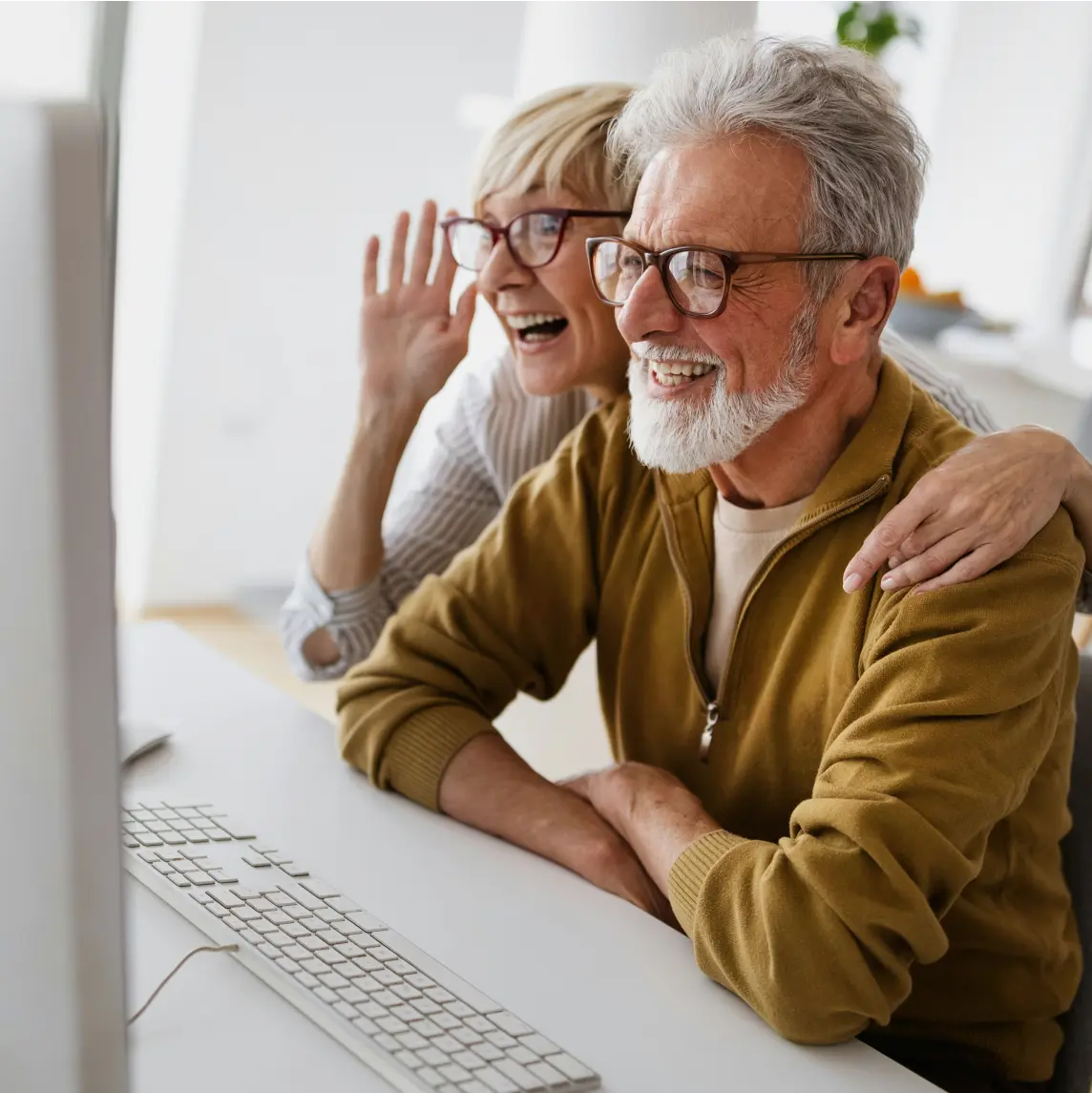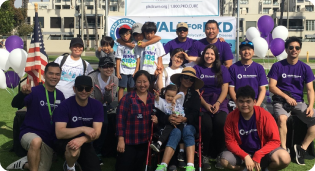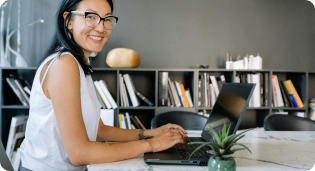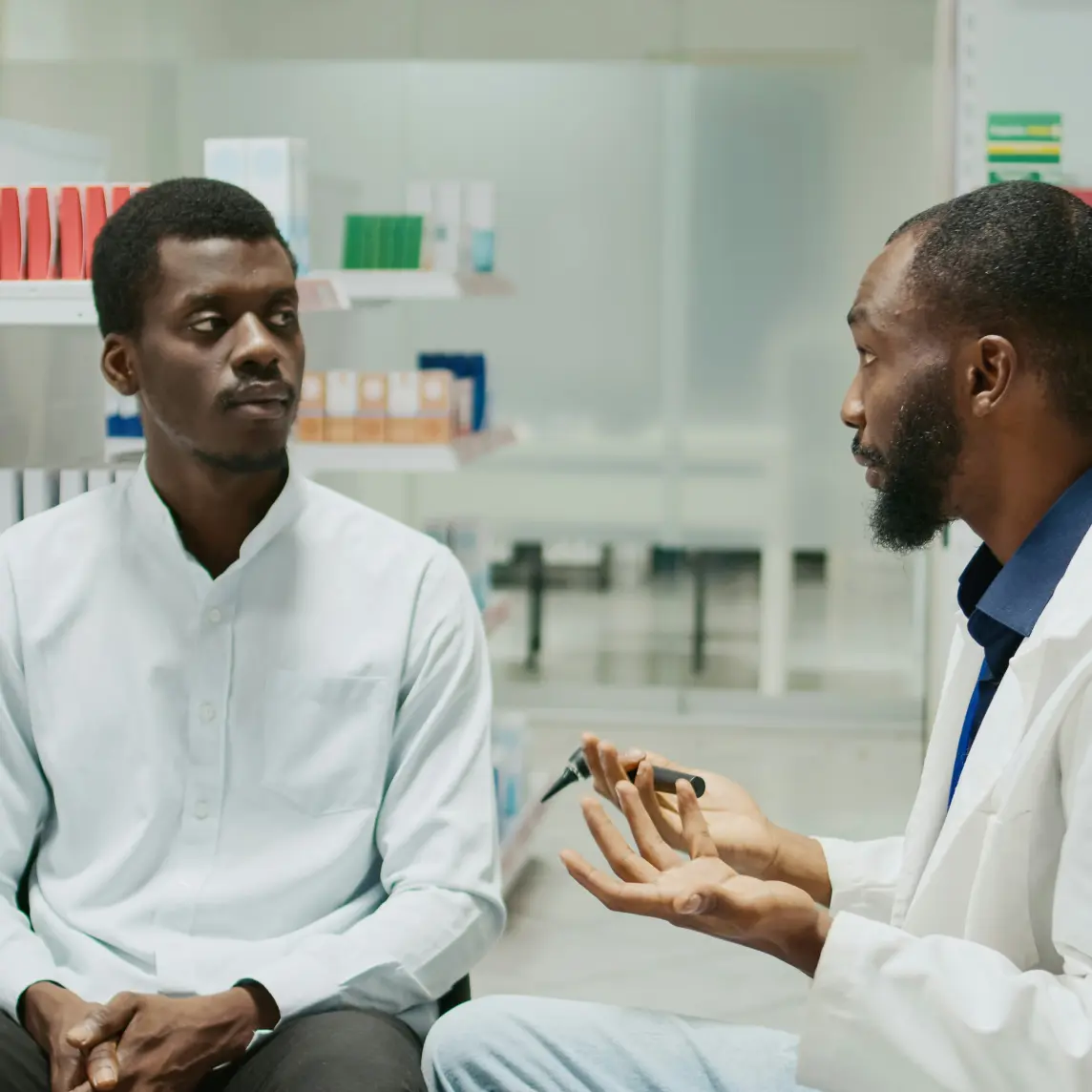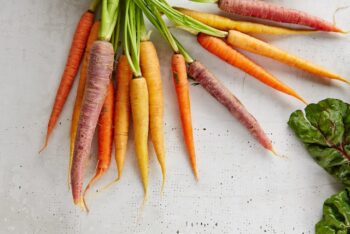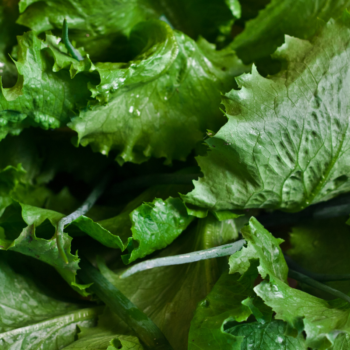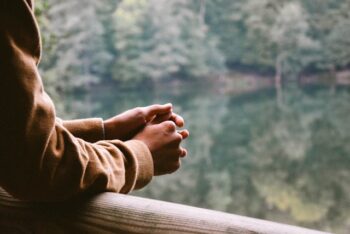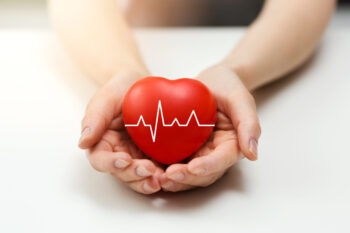Collaborating with your healthcare team is a partnership rooted in trust, communication, and shared goals. In addition to your primary care physician, you should see a kidney specialist (nephrologist) for the best advice on managing PKD and related symptoms. Choose doctors you feel comfortable with, take notes, and learn as much as possible about PKD. Together, you can feel empowered to make informed decisions, proactively manage your health, and strive for the best possible outcomes.
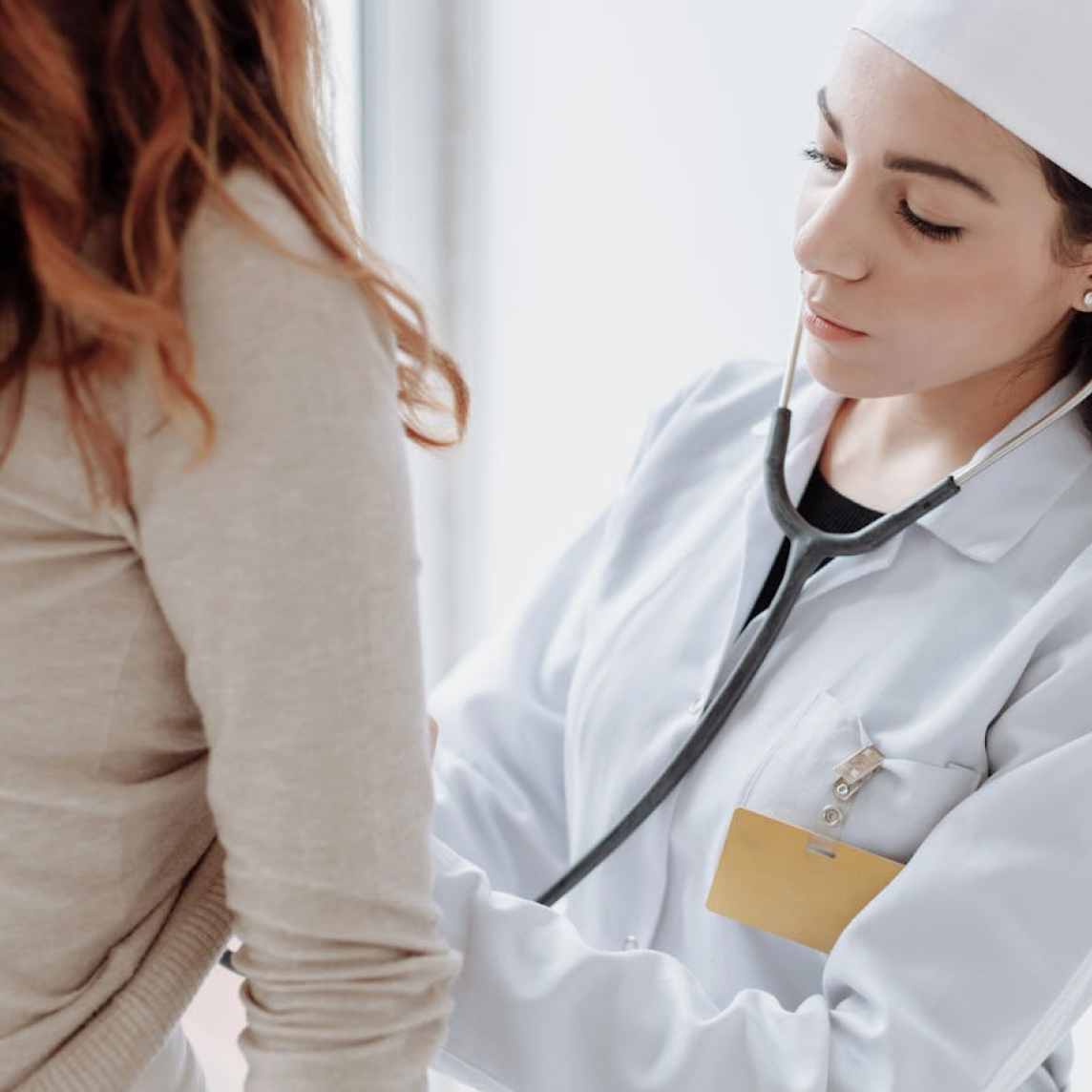
Welcome to the starting point for living with PKD. Here, we'll cover key topics to help you navigate this journey with confidence – from understanding the condition to adopting lifestyle changes and finding support.
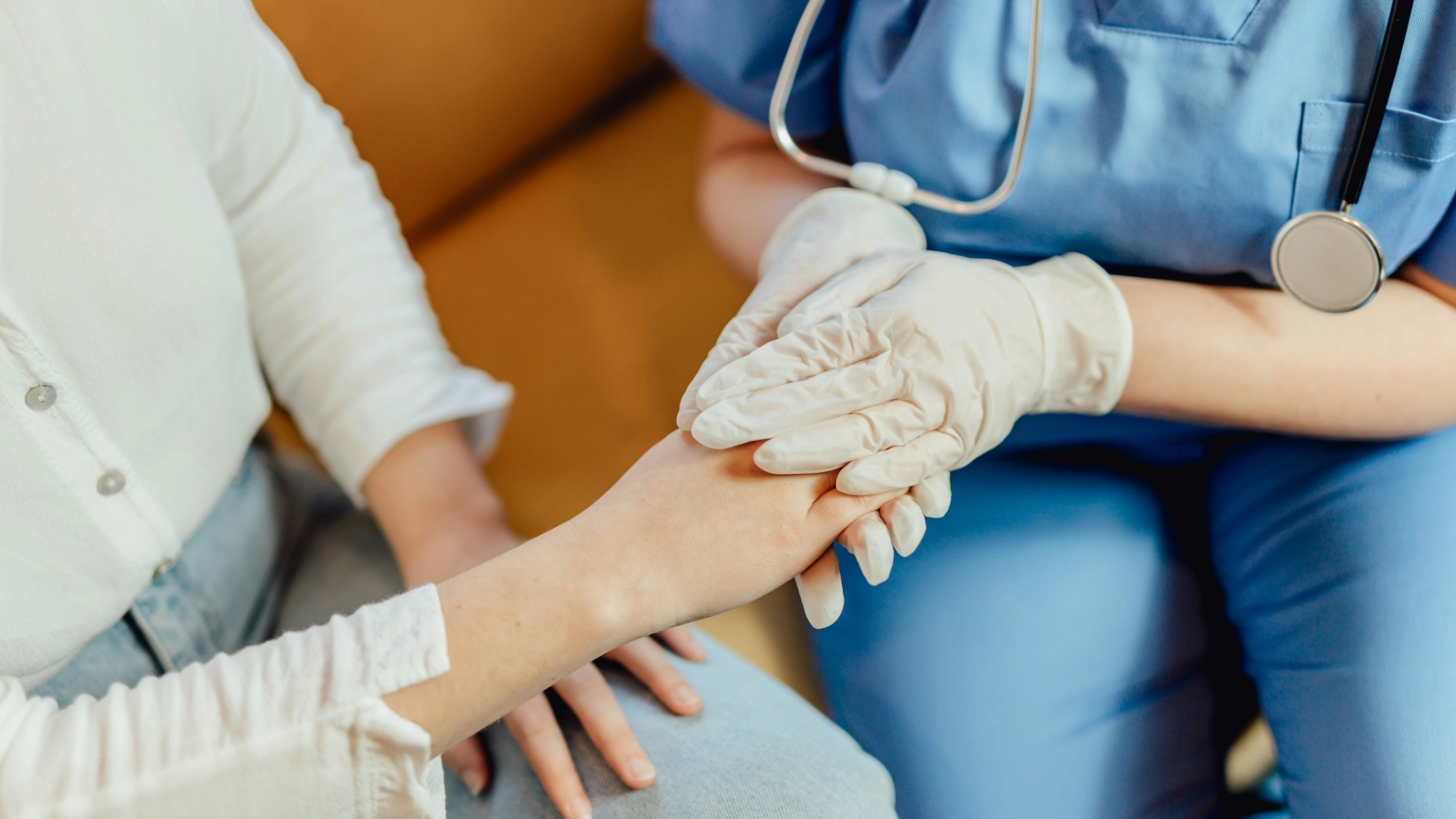 Chronic Pain Management
Chronic Pain Management
Chronic pain management is crucial for individuals living with PKD, as cyst growth can lead to discomfort and renal complications. Consultation with a healthcare provider is essential to develop a tailored pain management plan, which may include medication, lifestyle adjustments, and alternative therapies to improve quality of life.
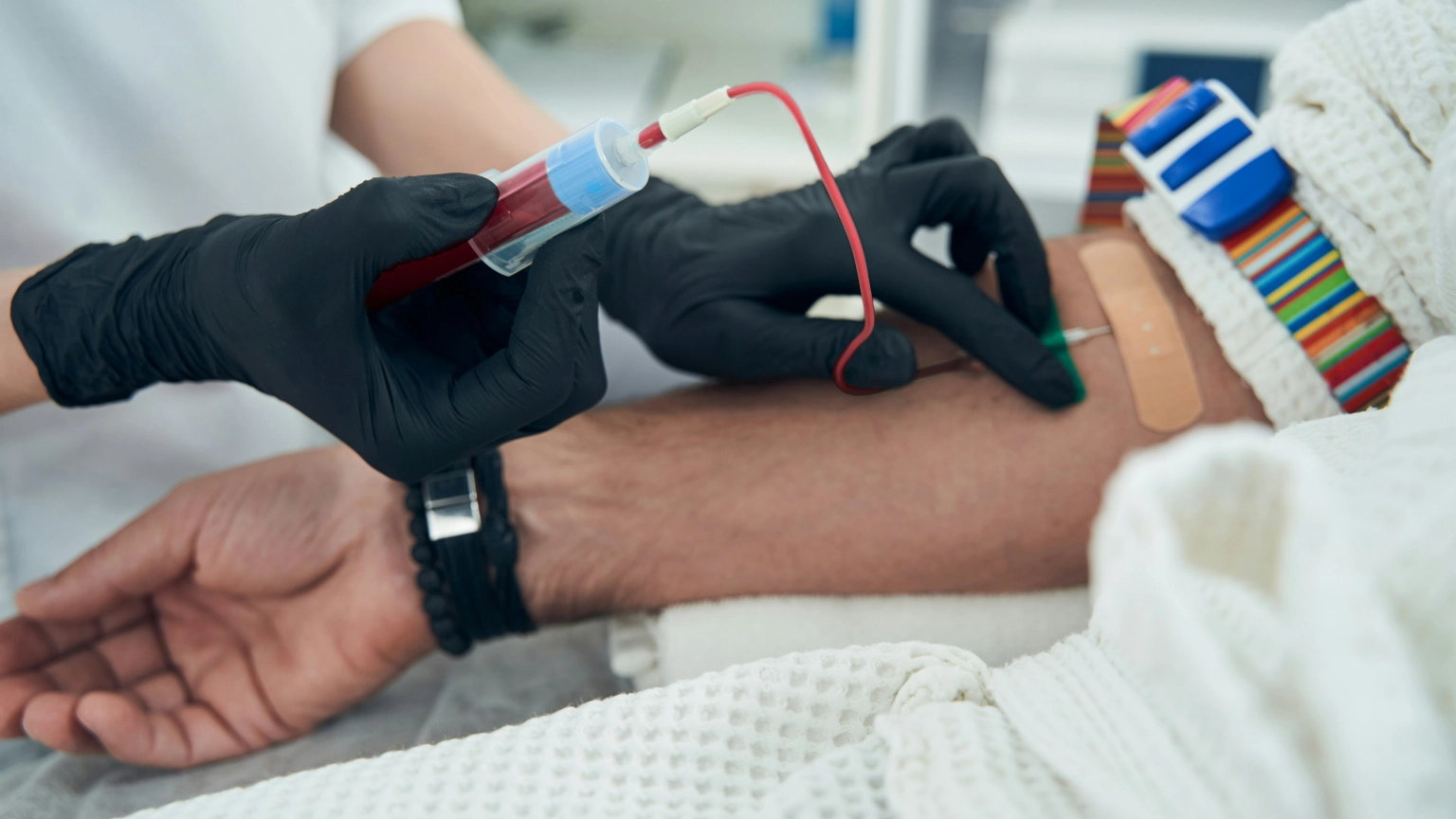 Dialysis
Dialysis
As kidney function declines, dialysis becomes a potential treatment option for individuals with advanced PKD. It serves as a life-sustaining therapy, effectively removing waste and excess fluids from the body when the kidneys can no longer adequately perform this function
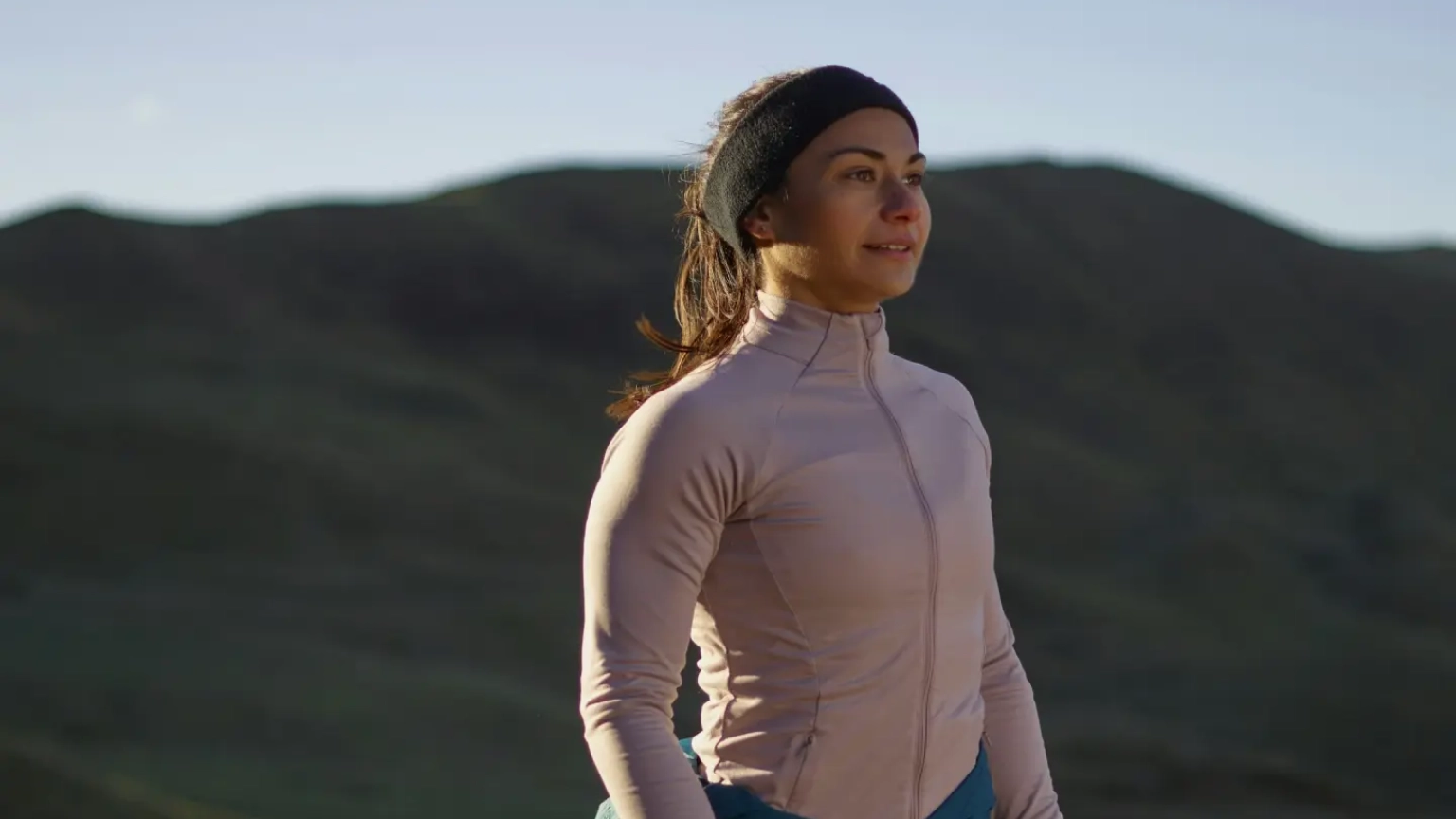 Lifestyle
Lifestyle
Adopting a healthy lifestyle can significantly support individuals with PKD by slowing disease progression and reducing associated complications. This includes maintaining a balanced diet, staying physically active, managing blood pressure, and avoiding smoking and excessive alcohol consumption.
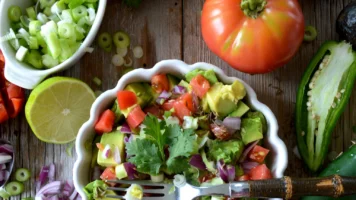 Diet & Nutrition
Diet & Nutrition
Managing diet and nutrition is pivotal in supporting kidney health for individuals with PKD. A diet low in sodium, processed foods, and added sugars, while high in fruits, vegetables, lean proteins, and whole grains, can help alleviate symptoms and slow disease progression.
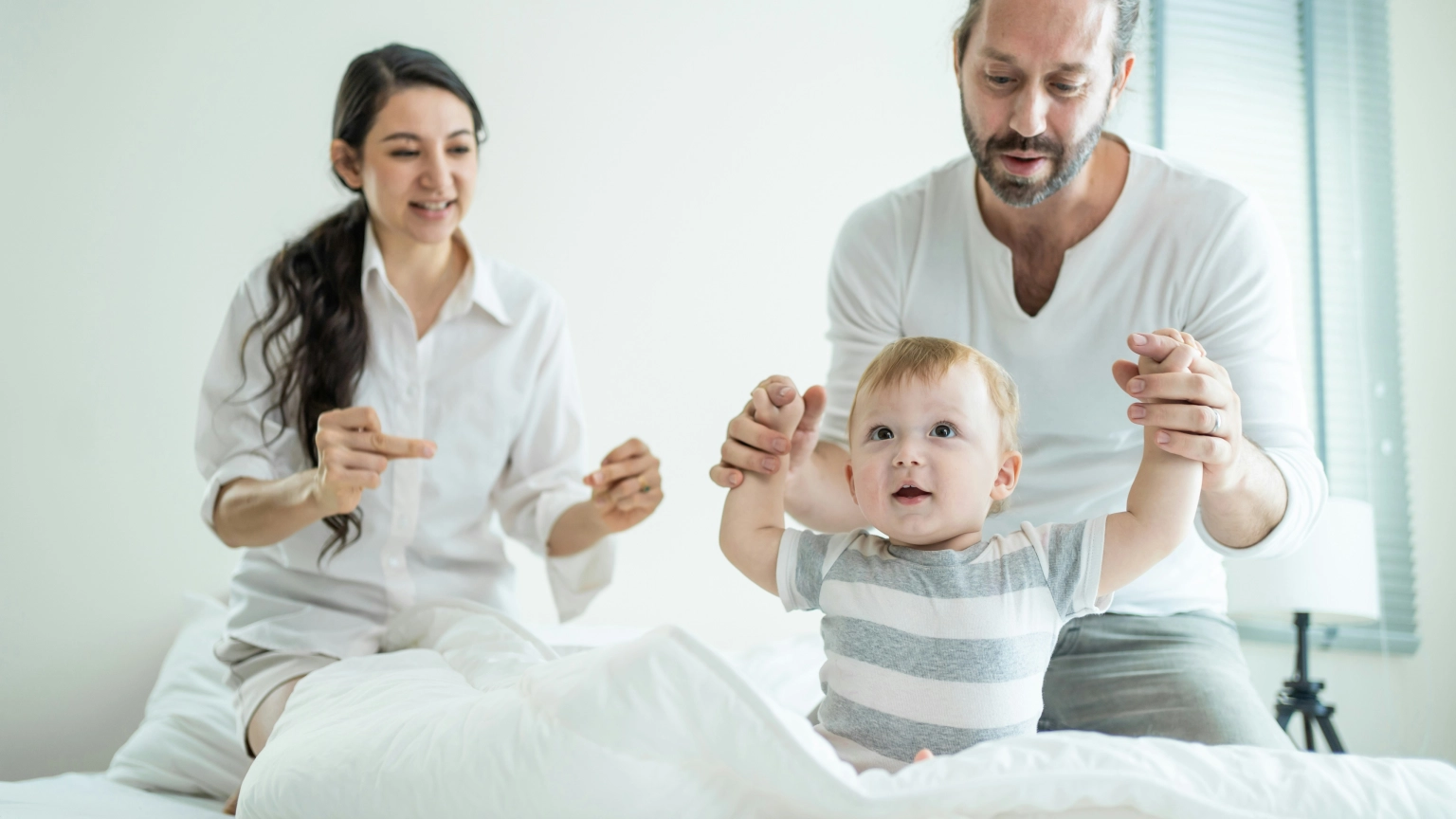 Parents of Children with PKD
Parents of Children with PKD
For parents of children with PKD, early education and proactive care is paramount. Working closely with pediatric nephrologists and support networks can provide valuable guidance and emotional support throughout your child’s journey with PKD.
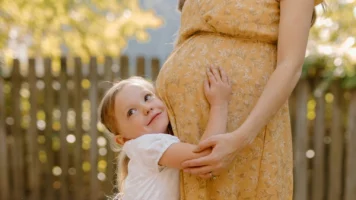 Pregnancy
Pregnancy
Pregnancy can present unique challenges for individuals with PKD due to potential complications such as high blood pressure and preterm birth. Close monitoring by healthcare professionals experienced in managing PKD during pregnancy is essential to ensure the best possible outcomes for both mother and baby.
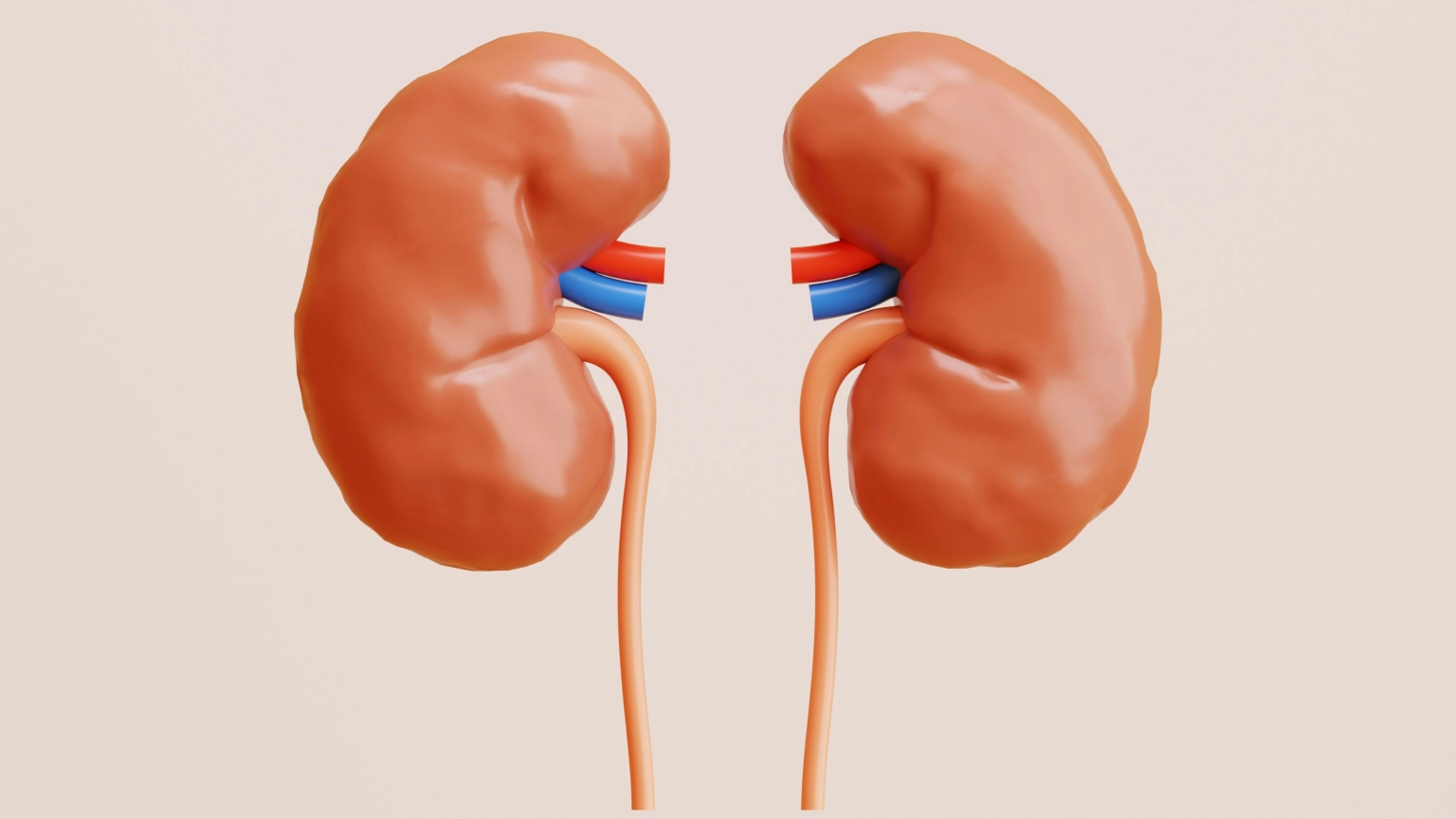 Transplant
Transplant
For individuals with end-stage kidney disease, a kidney transplant may offer a chance for improved quality of life and long-term kidney function. Close coordination with healthcare providers and transplant specialists is crucial to navigate the transplant process and optimize post-transplant care.
From diagnosis to dialysis, everything you want to know about PKD.
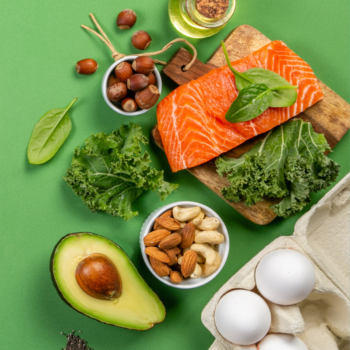
- Diet
- Family Life
- Living with PKD
- Recipes
- Staying Healthy
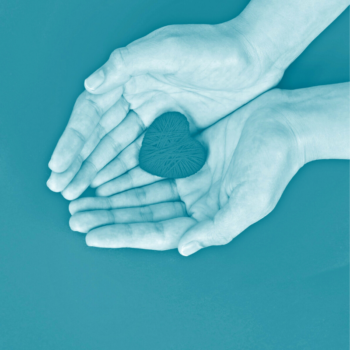
- Advocacy
- Communities
- Education
- Living with PKD
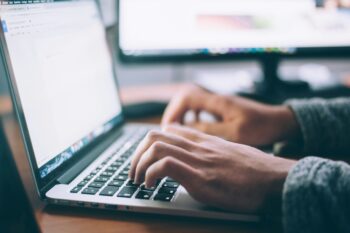
- ADPKD
- ARPKD
- Caregivers
- Education
- Living with PKD
- Newly Diagnosed
- Research
- The Basics of PKD
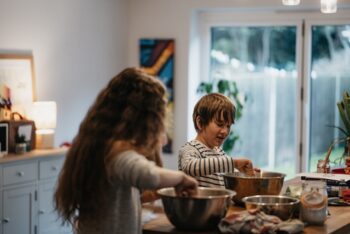
- ARPKD
- Diet
- Family Life
- Living with PKD
- PKD Parents
- Staying Healthy
- Young Children
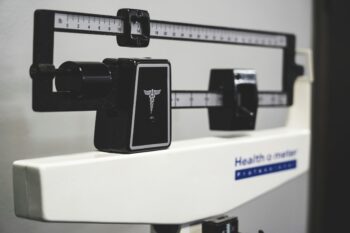
- ADPKD
- ARPKD
- Diet
- Living with PKD
- Newly Diagnosed
- Research
- Staying Healthy
Whether you're newly diagnosed or a long-time warrior, joining forces with others impacted by PKD provides a sense of belonging and empowerment. Together, we share experiences, exchange knowledge, and offer encouragement, creating a strong community united in the fight against PKD.
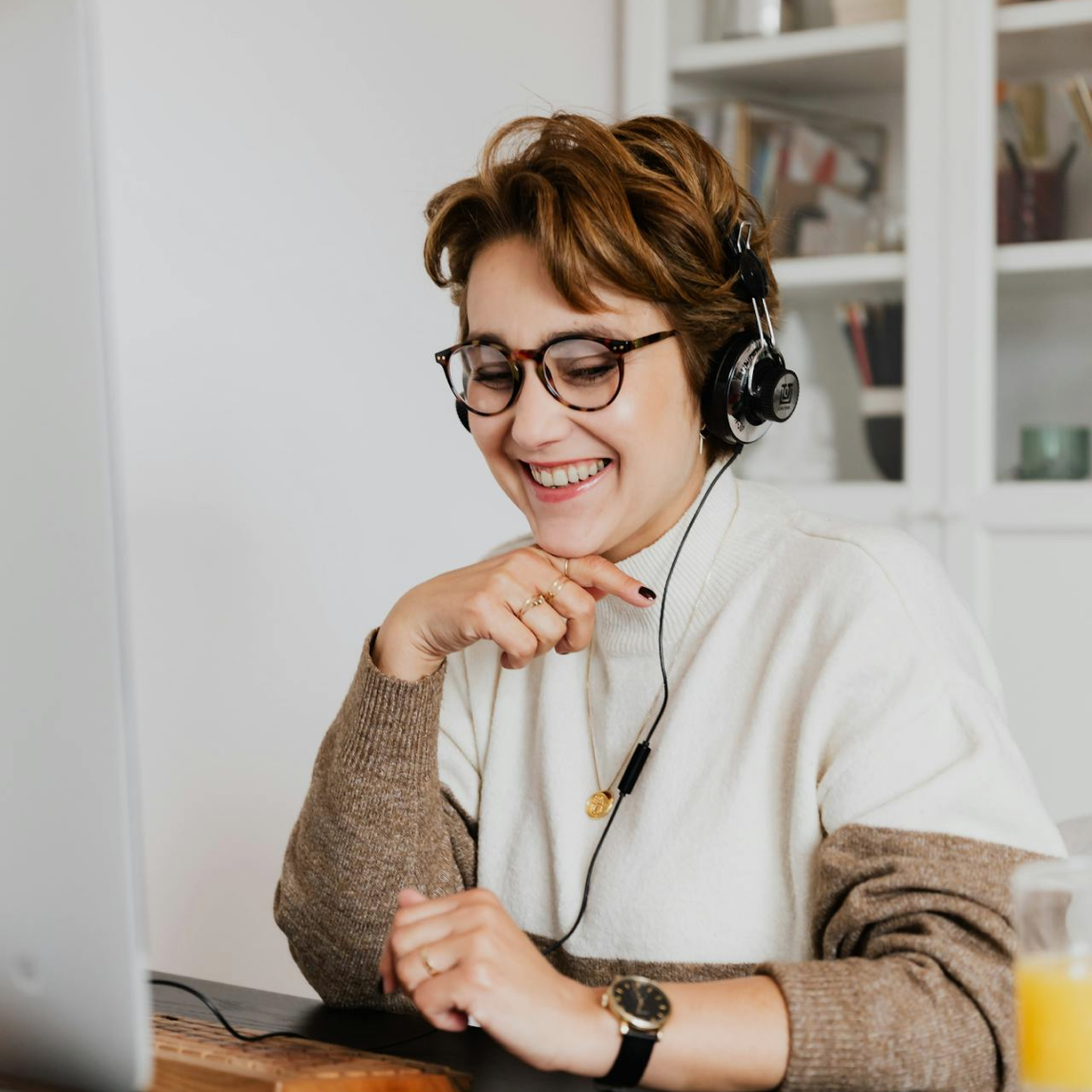
FAQs

Adopting a healthy lifestyle is crucial in managing PKD. This includes maintaining a balanced diet low in sodium, staying hydrated, exercising regularly, avoiding smoking and excessive alcohol consumption, managing stress, and getting regular check-ups with your healthcare provider.

It’s essential to have regular monitoring of your kidney function, typically through blood tests and urine tests. Your healthcare provider will determine the frequency of these tests based on your individual health status and the progression of your PKD.

Yes, while PKD primarily affects the kidneys, it can also impact other organs, such as the liver, pancreas, and blood vessels. It’s essential to work closely with your healthcare provider to monitor any potential complications and manage them promptly.

Common symptoms of PKD include abdominal or flank pain, high blood pressure, blood in the urine, frequent urinary tract infections, kidney stones, and kidney enlargement. However, it’s important to note that some individuals may experience no symptoms, especially in the early stages of the disease.

Pain management strategies for PKD may include over-the-counter or prescription pain medications, heat therapy, gentle exercise, relaxation techniques, and in some cases, procedures such as cyst drainage or surgery to reduce cyst size and alleviate discomfort.

While there are no specific dietary restrictions for PKD, it’s generally recommended to follow a balanced diet low in sodium and high in fruits, vegetables, and whole grains. Limiting caffeine and protein intake may also be beneficial in managing certain symptoms.

Yes, many individuals with PKD can still have children. However, it’s essential to discuss family planning with your healthcare provider, as there may be genetic implications to consider. Genetic counseling can provide valuable information about the risk of passing PKD to future generations and options for family planning.

There are numerous resources available for individuals living with PKD, including support groups, educational materials, online forums, and organizations such as the PKD Foundation. Through our website, you’ll find educational blogs, webinars, and more to help you better understand PKD. Our local PKD Communities, PKD Connect Peer Mentors, and HOPE Line can connect you with others who understand your experience and provide valuable support and encouragement.

